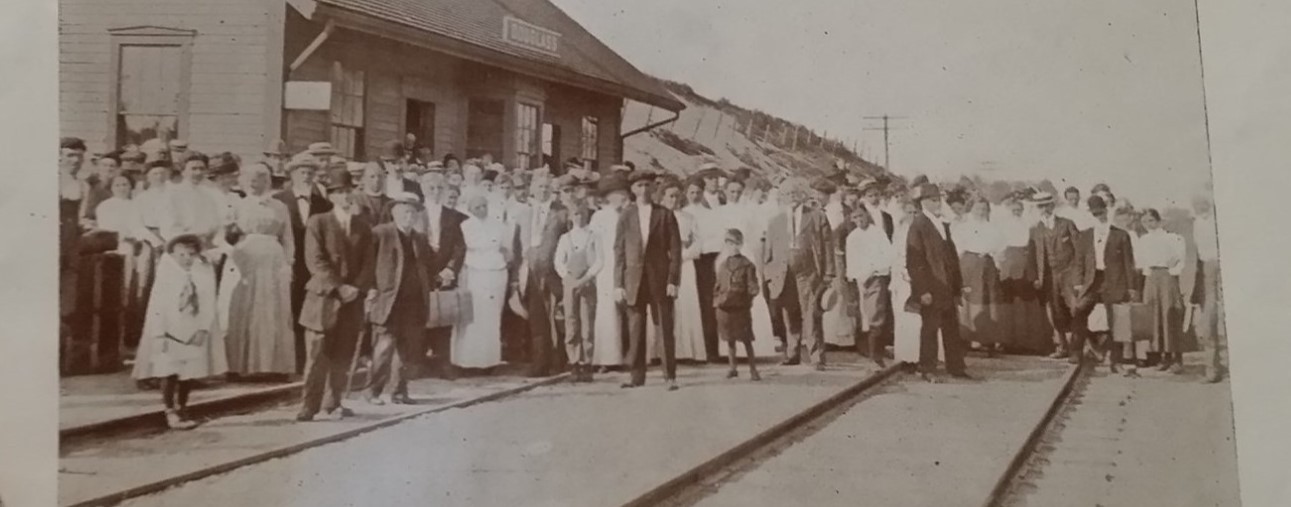OUR ROOTS

"Also in the fifteenth day of the seventh month, when ye have gathered in the fruit of the land, ye shall keep a feast unto the Lord seven days : on the first day shall be a sabbath, and on the eighth day shall be a sabbath. And ye shall take you on the first day the boughs of goodly trees, branches of palm trees, and the boughs of thick trees, and willows of the brook; and ye shall rejoice before the Lord your God seven days. And ye shall keep it a feast unto the Lord seven days in the year. It shall be a statute forever in your generations: ye shall celebrate it in the seventh month. Ye shall dwell in booths seven days; all that are Israelites born shall dwell in booths: that your generations may know that I made the children of Israel to dwell in booths, when I brought them out of the land of Egypt." -Leviticus 23:39-43
The Feast of Tabernacles that God instructed Moses and the Israelites to celebrate in the Old Testament ushered in a new from of worship. Families would come together, work on a project (building a temporary house), and spend days in prayers of thanksgiving to God for His many blessings and provisions. What was started back in 1445 B.C. has permeated Jewish and later Christian history through the communities of the Church, and lives on today as a beautiful way of family worship called the campmeeting.
Throughout the ages, powerful flocks of Christian warriors such as the Scotish Covenanters, the Puritans, and the Quakers all experienced the presence of God by gathering together, making camp, studying the Word of God, and offering up praises to Christ. Even John Wesley, when he was barred from preaching inside churches for pointing out mankind's sinful nature, was moved to preach outdoors to those who would listen. People would often gather in camps for weeks on end to hear the God's message preached and come to a saving knowledge of Jesus Christ.
When America gained its independence, campmeetings began to spring up all across the states, serving as a source of revival, spiritual growth, and fellowship for many. Through the early nineteenth century Christians of all denominations, from Baptists to Methodists, held lots of these meetings, and as a result many came to know Jesus as their Lord and Savior and dedicate themselves to a life of Holiness in His sight. Revival swept the nation.
In the summer of 1875, J. W. Coolidge and Luther Wing, both ministers, held a small campmeeting in the town of Douglas, Massachusetts. Many souls were saved and lives rededicated to service to the Lord, and they decided to hold another meeting in the following year. Again, multitudes from across New England attended and found spiritual renewal and strength through the preaching of the Word of God. It was decided that the campmeetings would become an annual event as long as the Lord continued to use them.
By 1879, a beautiful Tabernacle had been erected on the grounds owned by George M. Morse, a wealthy miller and manufacturer and a powerful man of God, to shield attendees from wild fits of weather. Each year, new ministers and evangelists would come to Douglas to preach a message of repentance and a call to lives of holiness, and every year many people accepted the message and turned from their sin. The meetings continued to grow, and in 1890 (sometimes referred to as the Great Campmeeting of 1890), hundreds were saved at campmeeting! In 1890, Mr. Morse sold the grounds to the Douglas Camp Meeting Association so the grounds could always be used for God's purposes.
And so they have! Since that beautiful summer week in 1875, Douglas Campmeeting has continued to take place every July, and 2025 marks our 150th annual campmeeting. The Lord Jesus Christ has used the Douglas grounds mightily over the many years, and by His grace more and more will become closer to Him here as time continues to unfold.
